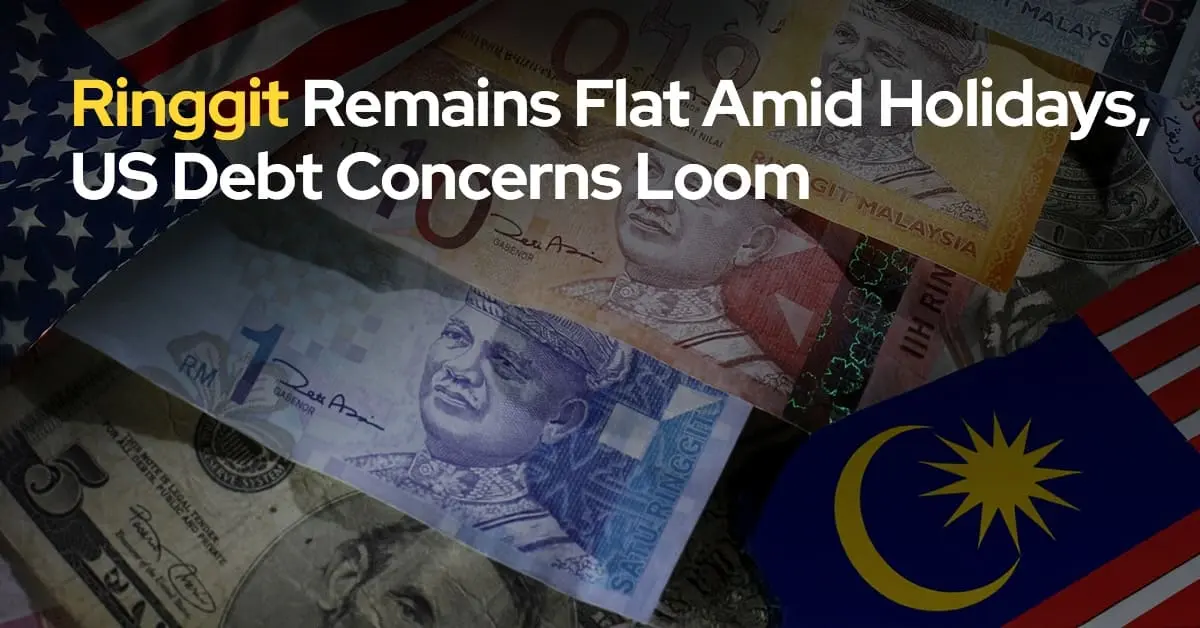简体中文
繁體中文
English
Pусский
日本語
ภาษาไทย
Tiếng Việt
Bahasa Indonesia
Español
हिन्दी
Filippiiniläinen
Français
Deutsch
Português
Türkçe
한국어
العربية
Avoiding Forex Scams in SA
Abstract:Forex scams can be found in any country, and South Africa is no exception. Here are some tips to help you avoid forex scams in South Africa: Be wary of unsolicited offers: If you receive an unsolicited offer to invest in forex, be cautious. Scammers often use cold calls, spam emails, and social media messages to lure people into their schemes.

Forex scams can be found in any country, and South Africa is no exception. Here are some tips to help you avoid forex scams in South Africa:
Be wary of unsolicited offers: If you receive an unsolicited offer to invest in forex, be cautious. Scammers often use cold calls, spam emails, and social media messages to lure people into their schemes.
The best way to avoid forex scams is by downloading the WikiFX app. WikiFX is a forex broker inquiry that allows traders to rate and review brokers from all over the world. The app is available on the appstore and playstore.
Check the credentials of the company or individual: Do some research on the company or individual who is offering you the opportunity to invest in forex. Look for regulatory bodies that oversee their operations, such as the Financial Services Board (FSB) in South Africa.
Look for red flags: Some common red flags to watch out for include unrealistic promises of high returns, pressure to invest quickly, and requests for upfront fees or personal information.
Understand the risks: Forex trading carries inherent risks, and it is important to understand these risks before you invest. Remember that no investment is guaranteed, and you should be prepared to lose some or all of your investment.
Use a reputable broker: A reputable broker will be regulated by a regulatory body and will be transparent about their fees and charges. Be sure to do your due diligence and choose a broker that has a good reputation.
Don't fall for guarantees: If someone promises you guaranteed returns or tells you that their investment strategy is foolproof, be suspicious. There is no such thing as a guarantee in the world of forex trading, and any claims to the contrary should be treated with caution.
Be cautious of social media marketing: Scammers often use social media platforms to promote their schemes, so be wary of any investment opportunities that you see on social media.
Get independent advice: If you are considering investing in forex, it is always a good idea to seek independent financial advice from a qualified professional. This can help you make an informed decision and avoid being scammed.
By following these tips, you can help protect yourself from forex scams in South Africa. Remember to always do your due diligence and be cautious of anyone who is offering you an opportunity to invest in forex, especially if it seems too good to be true.

Disclaimer:
The views in this article only represent the author's personal views, and do not constitute investment advice on this platform. This platform does not guarantee the accuracy, completeness and timeliness of the information in the article, and will not be liable for any loss caused by the use of or reliance on the information in the article.
Read more

Ringgit Remains Flat Amid Holidays, US Debt Concerns Loom
The Malaysian ringgit began the week steady against the US dollar, showing little movement due to a lack of market catalysts during the holiday-shortened trading week.

Will Inflation Slow Down in the New Year 2025?
Will inflation slow down in 2025? Experts weigh in on projections, economic policies, and potential impacts, offering insights into what the new year may hold.

New Zealand's FMA Warns Against "YouTube Crypto Investment Scam"
The Financial Markets Authority (FMA), New Zealand's financial regulator, warns individuals against investment scams that use YouTube channels to promote fraudulent cryptocurrency investment firms/websites. The authority explained on its official website how the YouTube cryptocurrency scam works, providing a step-by-step guide to help people recognize and avoid it. Read HOW THE SCAM WORKS and BE SAFE.

How to Know if the Market is Correcting or Reversing?
In trading, distinguishing between a market correction and a market reversal is crucial for making sound decisions. Misjudging one for the other can lead to missed opportunities or significant losses. While both involve price movements, their causes, duration, and implications differ substantially. Understanding these differences can help traders improve their strategies and adapt to market conditions effectively.
WikiFX Broker
Latest News
Trading is an Endless Journey
Japan to Take Action to Stabilize the Yen
Ringgit Remains Flat Amid Holidays, US Debt Concerns Loom
Taurex: Is it Safe to Invest?
Malaysia’s Securities Commission Enforces Ban on Bybit & Its CEO
New Zealand's FMA Warns Against "YouTube Crypto Investment Scam"
The WikiFX 2024 Annual User Report is here! Come and claim your exclusive identity!
Will Inflation Slow Down in the New Year 2025?
SCAM ON SCAM: New Tactic Used by Scammers
Crypto Fraud: MBBS Student Linked to Rs.8 Lakh Scam
Currency Calculator


